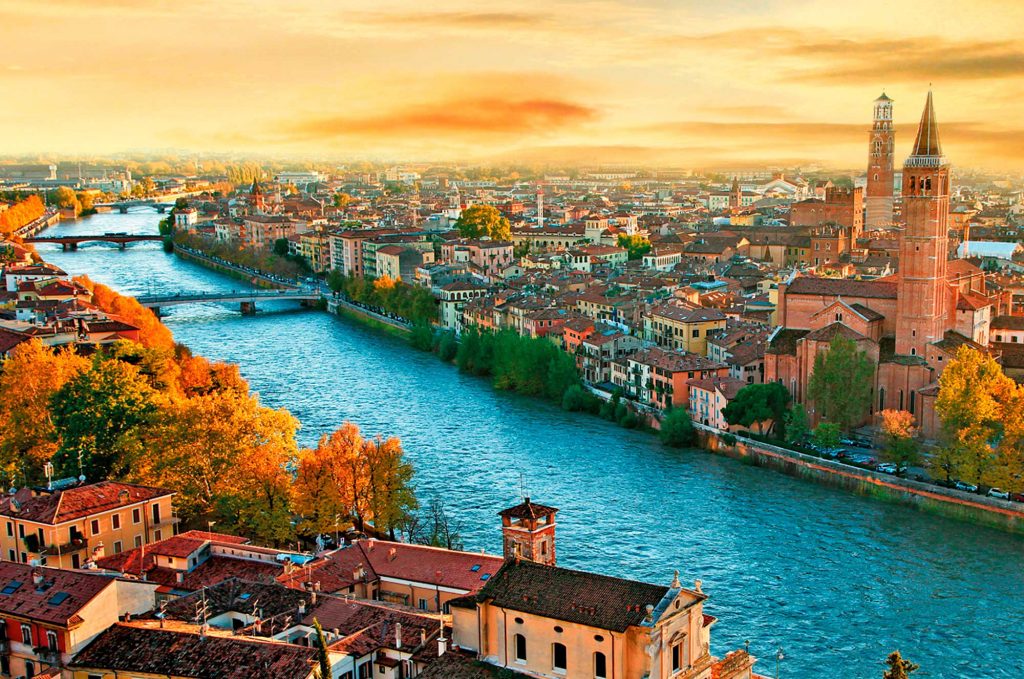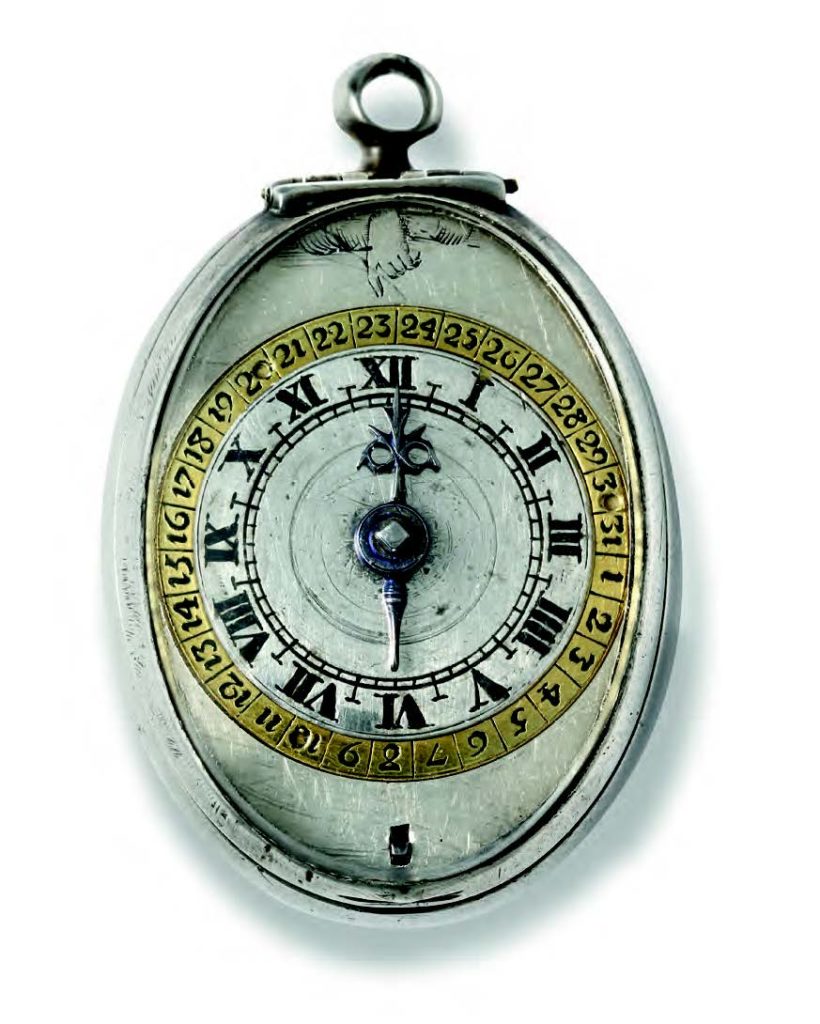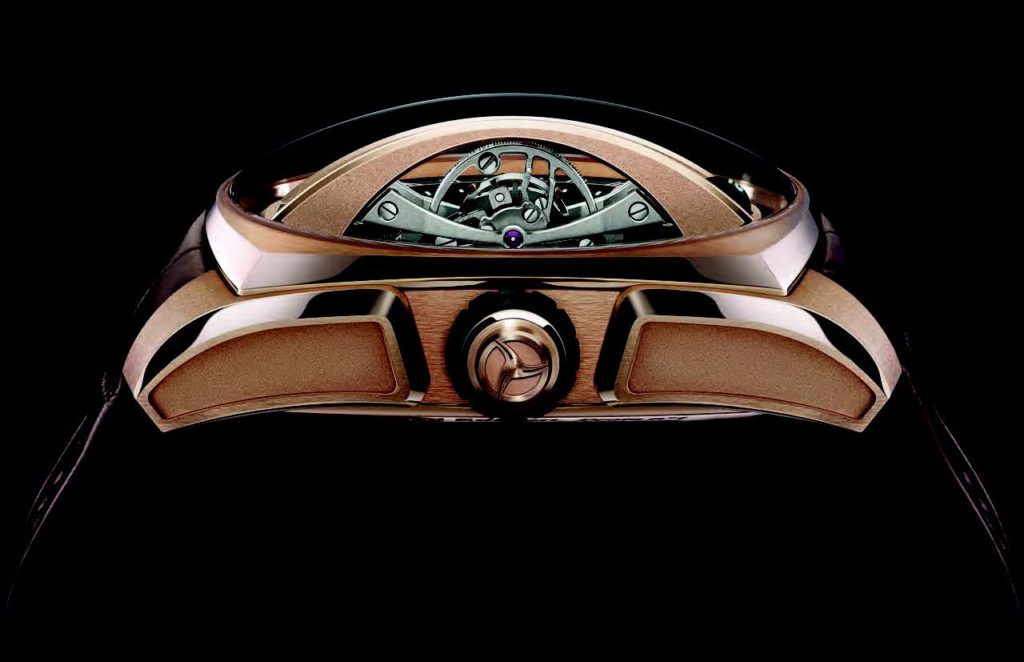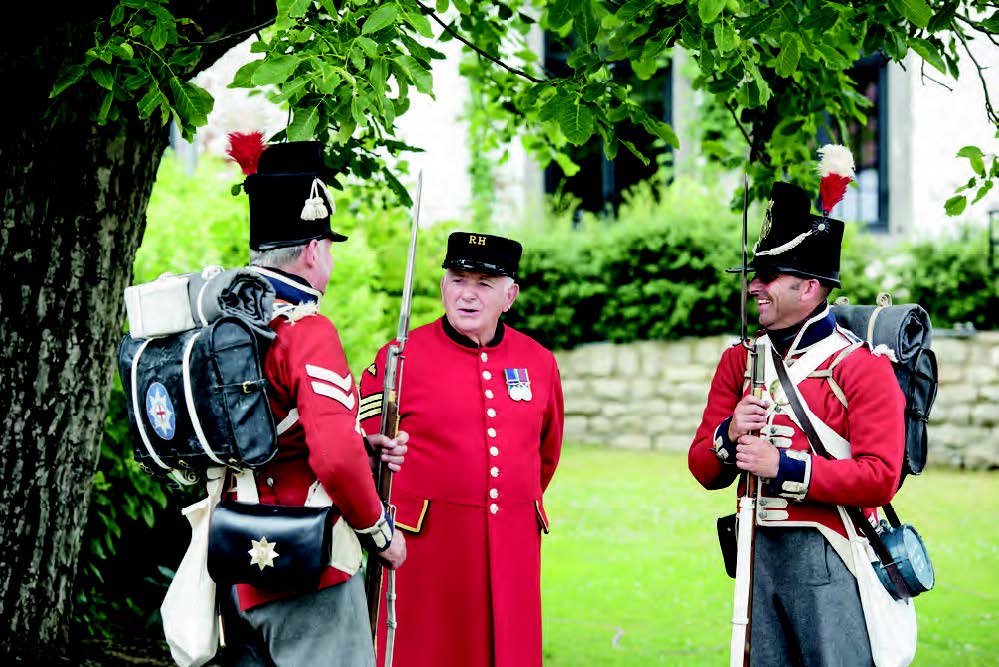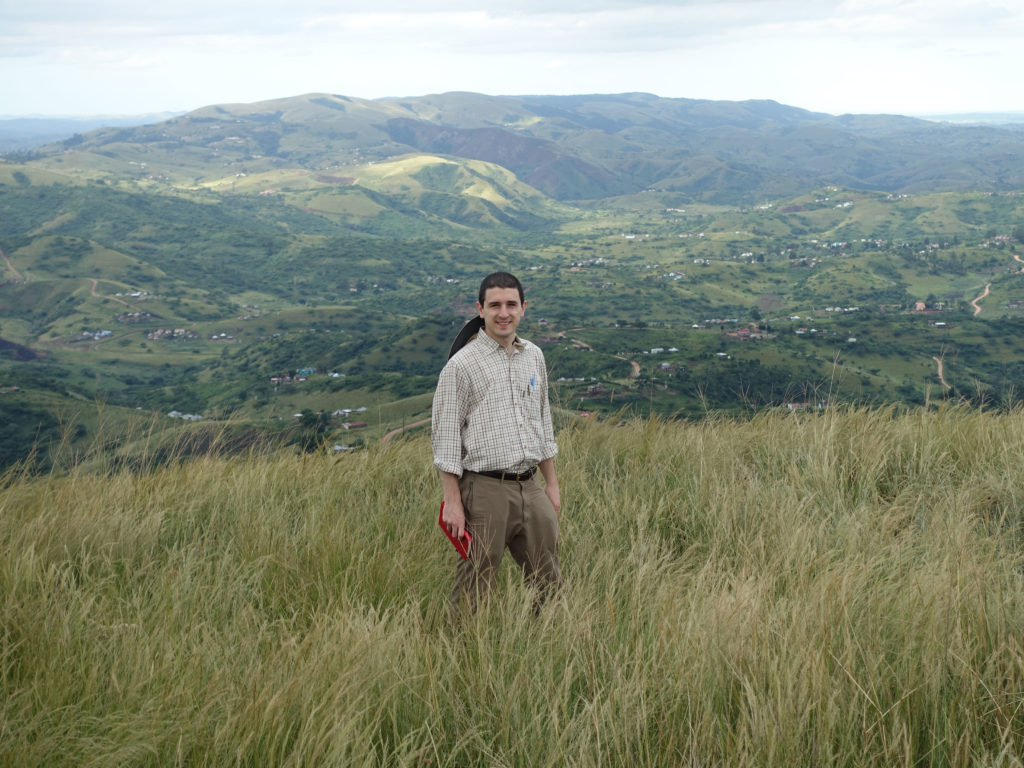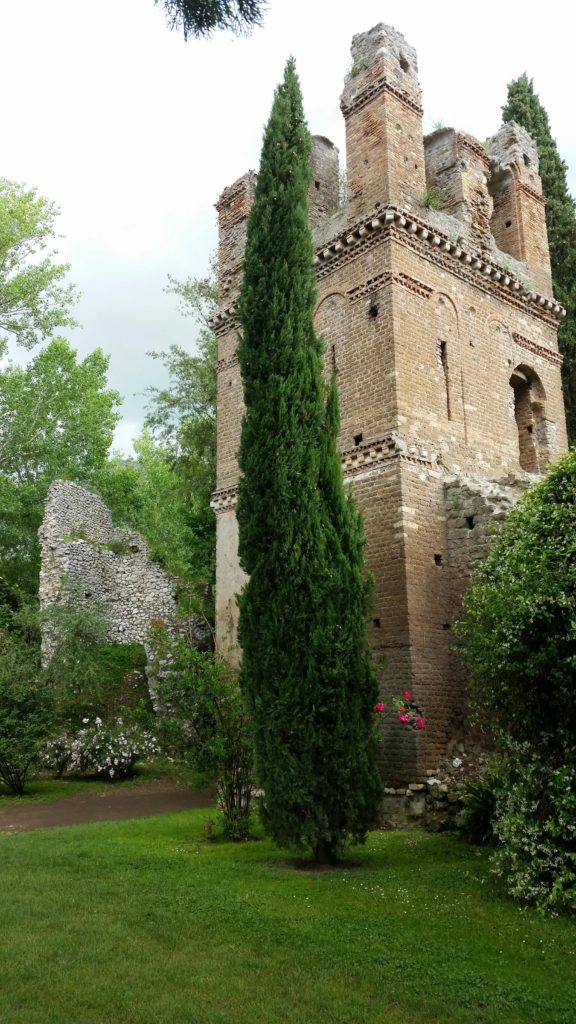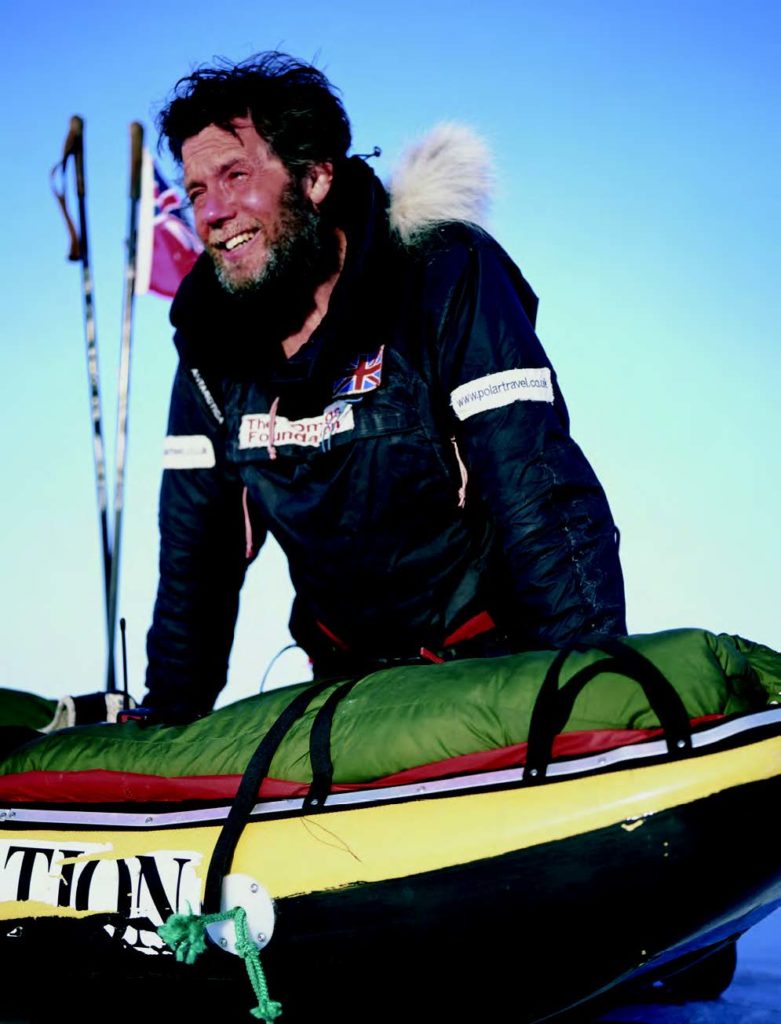VERONA: THE LITTLE ROME
VERONA: THE LITTLE ROME “There is no world without Verona Walls,but Purgatory, torture, Hell itself ” quote written on plaque beneath bust of Shakespeare near Piazza Bra Verona – perhaps over-shadowed a little by its near neighbour Venice – is an interesting place to visit for a weekend, or longer if you use it as […]
VERONA: THE LITTLE ROME Read Article »

